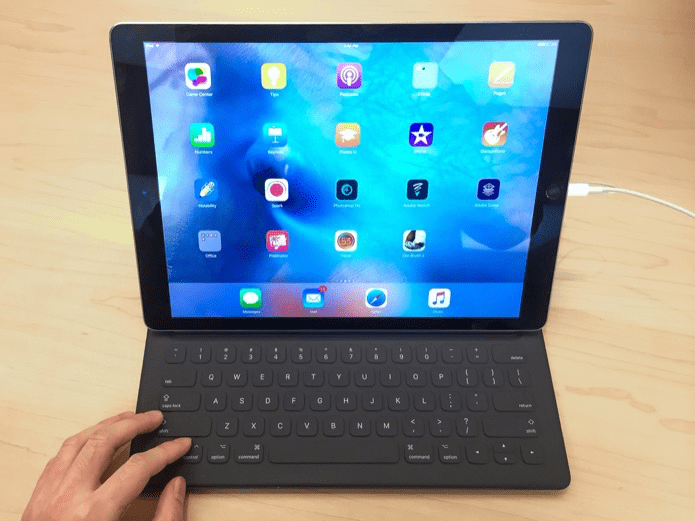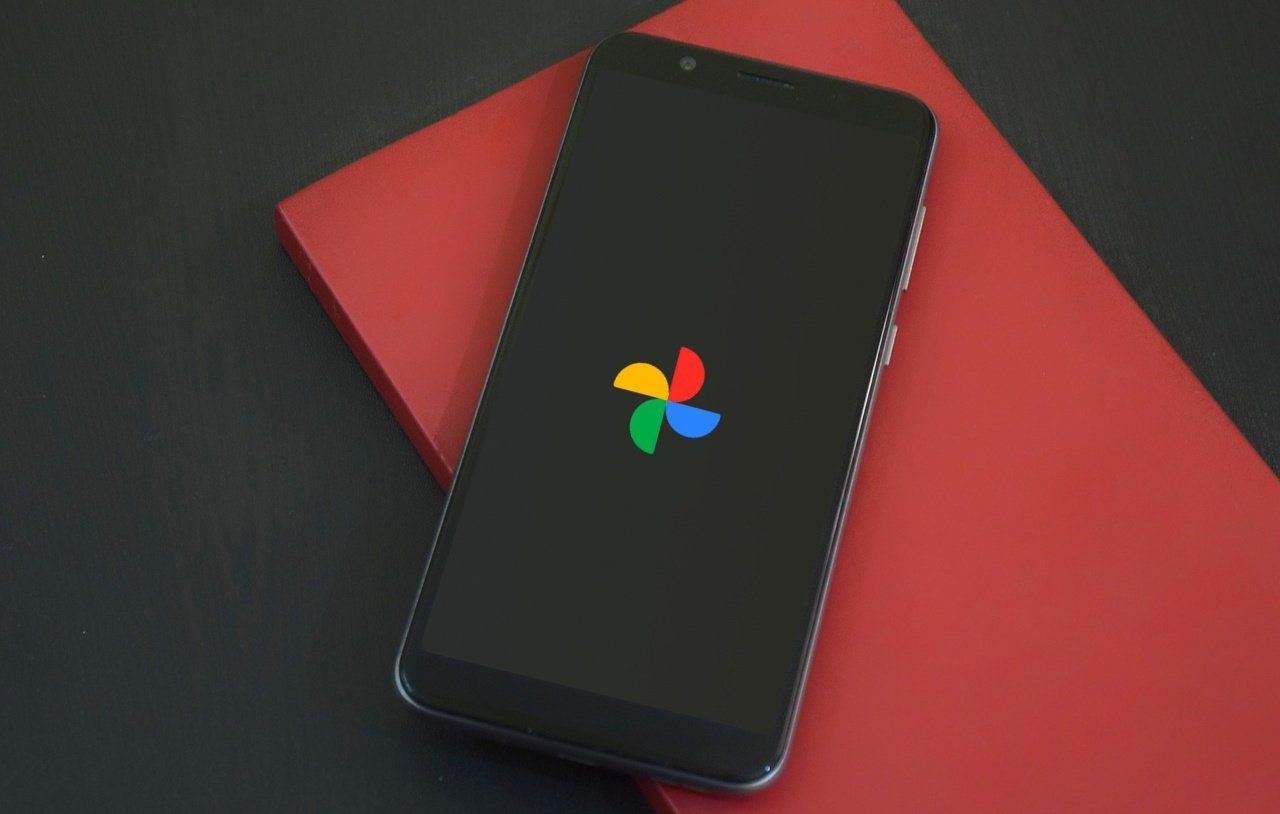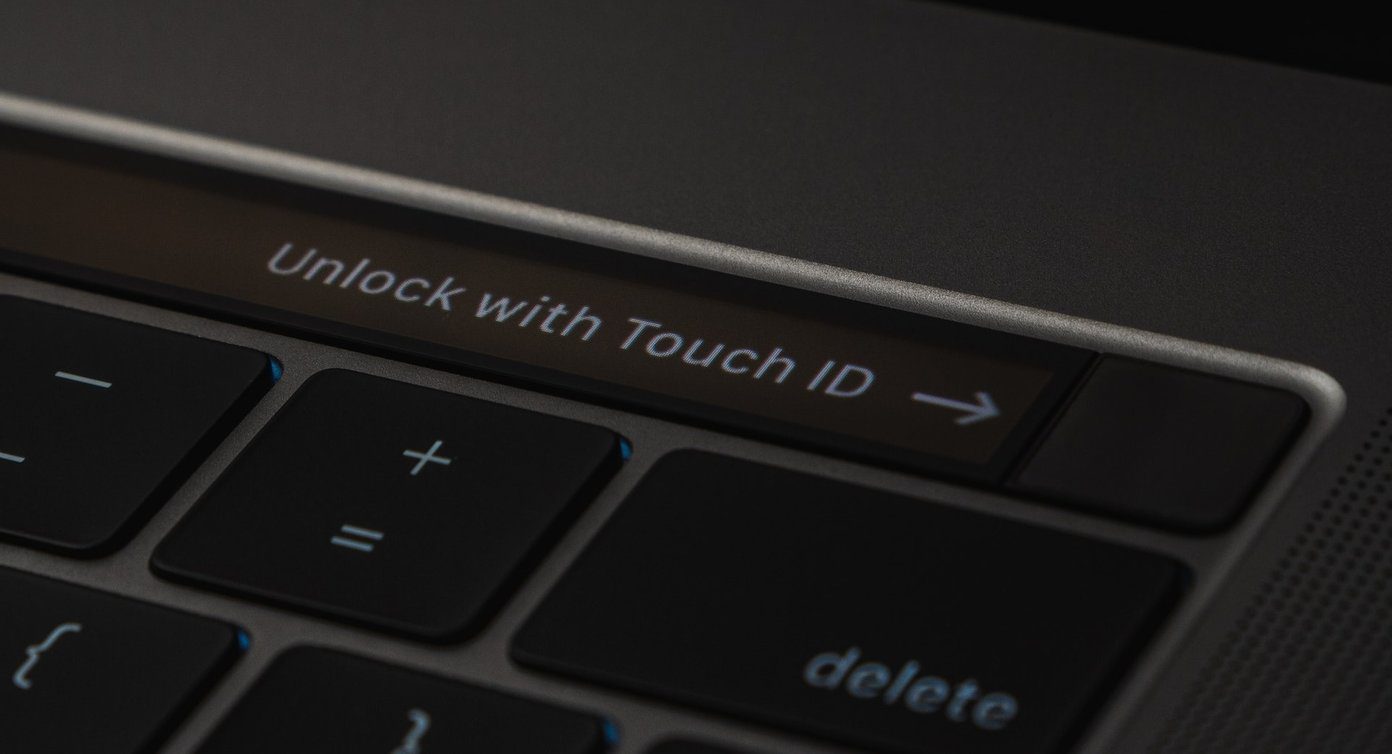A decade later, BlackBerry phones with Qwerty keyboards are well and truly dead and buried.
It All Changed in 2007
Very few people predicted the smartphone business would be such a game-changer when Steve Jobs unveiled the iPhone in 2007. Microsoft was the biggest software player back then, and 2 companies have surpassed them since. Both by making phones – Apple and Samsung. Ex-Microsoft CEO Steve Ballmer laughed at the iPhone and stated his biggest regret was not investing in the phone market. But, that’s where he’s a bit off.
Apps Became the New Buzzword
The phones didn’t kill BlackBerry. Or leave Microsoft behind. The apps ecosystem did. And I can go on and on about it, but Vice already have a great story on it. And they’re absolutely right. Even Apple didn’t become the most profitable company in the world simply by making better hardware. They built an entire ecosystem around it. The App Store even now is generating 4 times revenue per app vs Android Google Play. Those numbers are staggering. And that’s the battleground where BlackBerry never really brought their guns to. And while we can now look back at the madness of not investing in the apps ecosystem, it’s hard to imagine a time where a dedicated ‘store’ for apps would be making millions of dollars for a company. Even in his first review of Apple’s App Store, noted tech writer Walt Mossberg quoted, He was talking about the iPhone and some of the apps he’s written about are hilarious to read now. (Touch Tarrot, anyone?). So put yourself back in those days and really imagine if you could foresee an ecosystem driven by apps and games being so profitable. Especially when people were so adamant on input devices like stylus’ and keypads. Even Bill Gates wasn’t fully convinced by the original iPad. And here we are, criticizing the one brand that made great keypads with gay abandon. A little perspective, is all we need. However, that doesn’t change the fact that BlackBerry made some bad decisions that led to their downfall.
Delaying BB OS 10
By the time BlackBerry announced and launched their touch-focused OS (the BB OS 10), their loyal fanbase was already shifting base. Either to Android or iOS. This delay really hurt BB’s chances of continuing their ambitions of making phones that appeal to a generation hooked to social media and messaging. Even BlackBerry’s old warhorse, the BBM, wasn’t enough. Even its introduction on Android and iOS (though, hyped) was not enough. Though the older generation working with enterprise still reminisce the good ol’ BlackBerry Boys days, even they have seen the reliability of iOS and open-source advantage of Android as better alternatives to BB. That’s when BlackBerry had to throw in the towel for their own OS and come up with an Android powered BB.
BB’s Running Android
BlackBerry’s very first Android powered device stuck to an old formula. Sliding keypad for easier typing. But the year was 2015 and by now, everyone and their grannies were used to touchscreens. The Priv just didn’t work. It was doomed for failure. And every other Android powered BlackBerry device since has been just that. A failure. The reasons are plenty, but to sum it up – BB doesn’t excite people anymore. Phones have become a more personal experience to us. They’ve never been more indispensable than they are today. Most of us can’t even function without a phone. And in such an era, we are looking to buy the best phone which is reliable, fast, has a good camera and also – exciting. We do fall for the hype, or the marketing slogans or even the odd feeling of satisfaction by buying a cool phone. Do you get ANY of that when you buy a BlackBerry?
Out of Sight, Out of Memory?
I’ve never been a BlackBerry fan at any point, moving from old Nokias to experimental Samsung phones that ran on Bada OS. But, I’m sure there are plenty who are going to miss the BBs. Let us know your thoughts (and feelings too) about BlackBerry’s going out of style and not being able to use a keypad on a phone. Ever. Again. ALSO READ: Cheat Sheet: Should You Switch to Android for a Headphone Jack? The above article may contain affiliate links which help support Guiding Tech. However, it does not affect our editorial integrity. The content remains unbiased and authentic.











